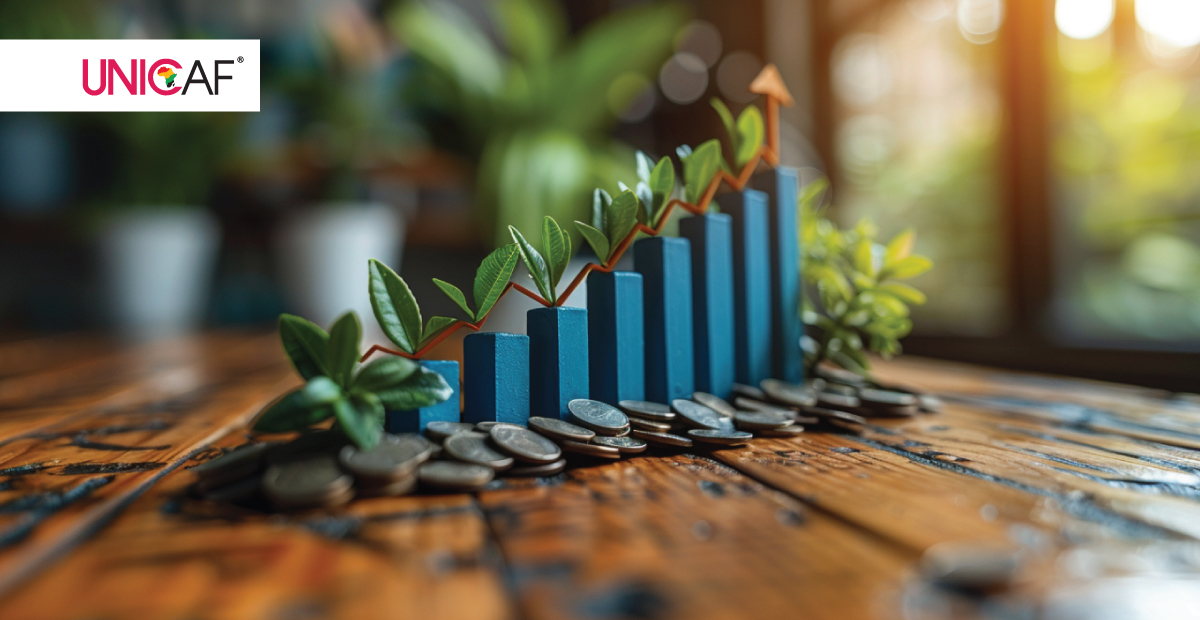As the global economy moves towards a more sustainable future, green finance and sustainable investing have become critical areas of focus for investors, businesses, and policymakers. With climate change, resource depletion, and social responsibility driving investment decisions, the finance industry is undergoing a transformation. From ethical investment funds to innovative financial products, sustainable investing is not only a moral choice but also a strategic one that offers long-term value. This article explores the latest trends and innovations in green finance, highlighting the role of organisations like Unicaf in supporting financial education and expertise in this evolving sector.
The Rise of Sustainable Investing
Sustainable investing, often referred to as Environmental, Social, and Governance (ESG) investing, has gained significant momentum over the past decade. Investors are no longer solely focused on financial returns but are also considering the environmental and social impact of their investments. Governments and regulatory bodies worldwide are introducing policies that encourage responsible investing, making ESG criteria a key component in financial decision-making.
In Africa, sustainable investing is particularly crucial, given the continent’s vulnerability to climate change and the need for economic development that aligns with environmental and social sustainability. Impact investing, which focuses on generating positive societal outcomes alongside financial returns, is becoming an attractive option for both local and international investors.
Trends in Green Finance
- Green Bonds and Sustainable Debt Instruments Green bonds have become a popular way for governments and corporations to raise funds for environmentally friendly projects, such as renewable energy, sustainable agriculture, and climate resilience initiatives. The global green bond market has expanded significantly, reflecting the growing commitment to financing sustainability.
- ESG Integration in Investment Portfolios Financial institutions are increasingly integrating ESG factors into their investment strategies, using data analytics and AI to assess the sustainability performance of companies. This trend has led to the development of ESG-focused exchange-traded funds (ETFs) and mutual funds that cater to responsible investors.
- Fintech and Sustainable Finance Innovations Technological advancements are playing a crucial role in green finance. Blockchain is being used to enhance transparency in ESG reporting, while AI-driven analytics help investors assess risks associated with climate change and sustainability performance. Digital banking and mobile finance solutions are also providing new ways to fund sustainable projects, particularly in emerging markets.
- Carbon Markets and Climate Finance With the push for carbon neutrality, carbon markets are expanding, allowing businesses to trade carbon credits and invest in carbon offset projects. Climate finance mechanisms, including climate risk insurance and adaptation funds, are helping vulnerable communities mitigate the impacts of climate change.
The Role of Financial Education in Advancing Green Finance
As the green finance sector continues to evolve, financial professionals with expertise in sustainable investing are in high demand. Education plays a crucial role in equipping future finance leaders with the knowledge and skills to navigate this complex landscape.
Unicaf, through its range of finance-related programmes, is preparing students to understand and apply sustainable financial strategies. By offering quality online higher education opportunities with generous scholarships, Unicaf enables students across Africa and beyond to gain expertise in green finance, ethical investment, and financial sustainability. Graduates from Unicaf’s finance programmes are well-positioned to drive positive change within the financial industry by incorporating ESG principles into corporate decision-making and investment strategies.
Conclusion
The future of sustainable investing is promising, with new financial instruments, regulatory support, and technological innovations shaping the green finance landscape. As more investors prioritise sustainability, the demand for professionals skilled in ESG analysis, impact investing, and ethical finance will continue to rise. Through education and expertise, institutions like Unicaf are playing a vital role in developing the next generation of finance professionals who will lead the transition towards a more sustainable and equitable economy.



